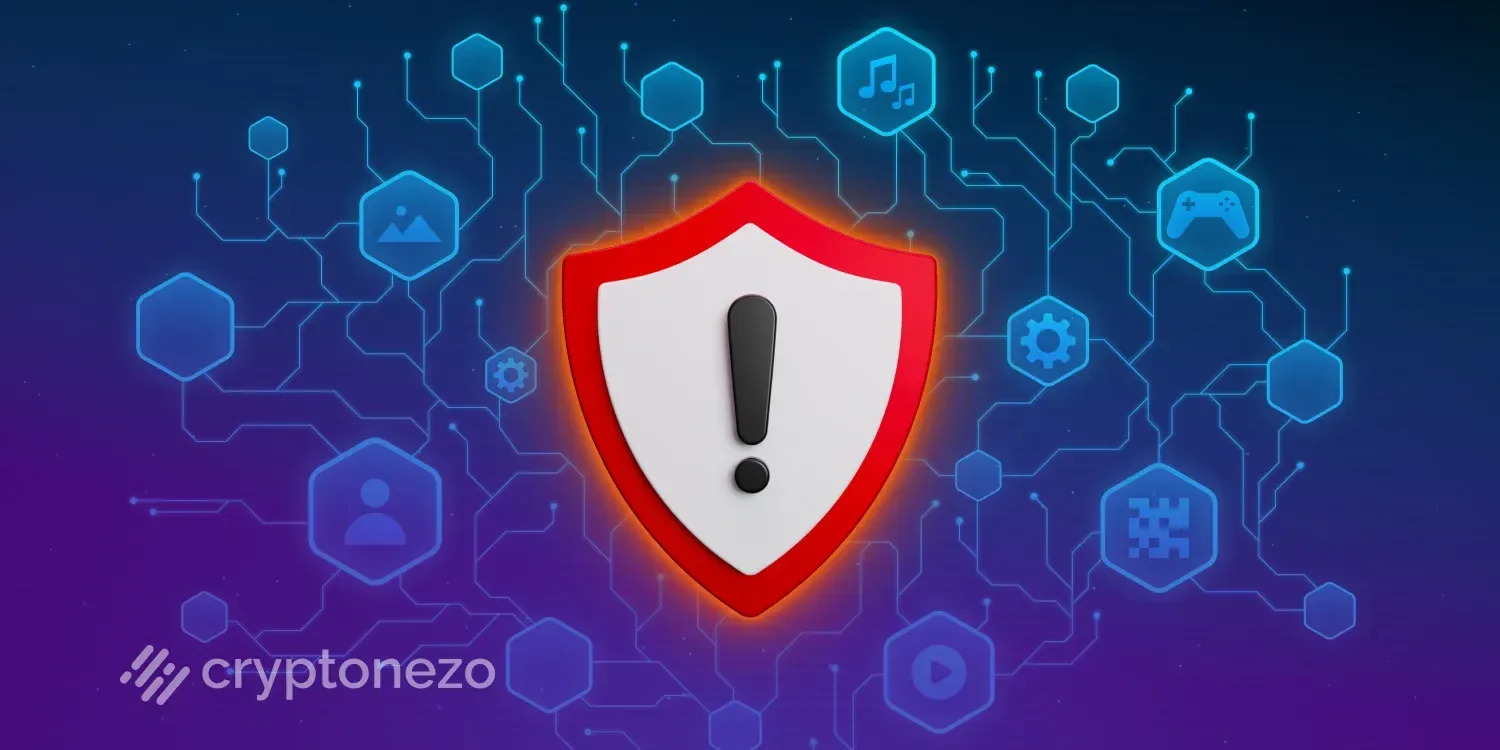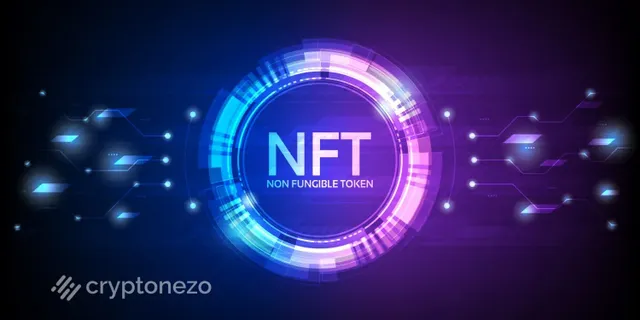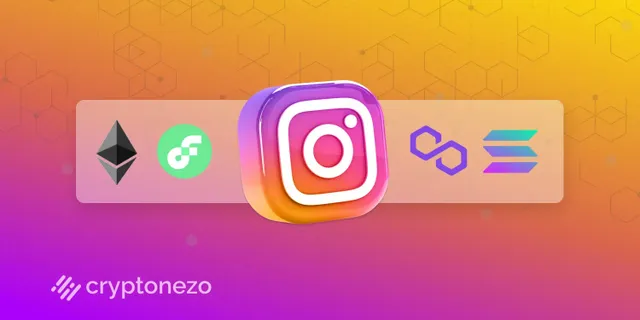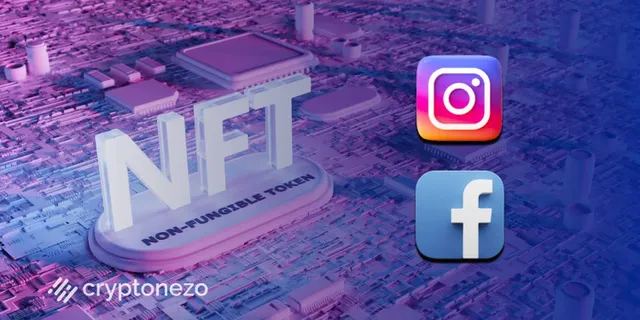A New Evolution of Spam - NFTs

A New Evolution of Spam - NFTs
As blockchain communities evolve, marketing is evolving along with them, and we are seeing the use of NFTs exploding and changing in new ways as well. Enter the introduction of spam NFT advertising to the crypto space.
Spam is a mass distributed unsolicited commercial message. Aggressive in the regard that it cannot be prevented by the receiver, forcing the message onto people without prior consent. The fact that every existing system subject to spam has evolved countermeasures to try to prevent it continues to be ignored as a sign of its undesirability by its purveyors.
Telemarketing - We developed call display, call screening, and "do not call" lists.
Email Spam - Spam filters and algorithms to detect it.
Email spam has steadily grown since the early 1990s, and by 2014 was estimated to account for around 90% of total email traffic.
Wikipedia
Arguably a form of entropy, enter the new blockchain version of these methods, NFT Spam.
A simple concept, an NFT is sent to your wallet, because of the public nature of blockchain addresses, wallet holders can't stop it. Spam NFTs are like any other NFT, the difference being that it is unsolicited and the receiver does not pay for it, yet.
For the sender, it offers a new avenue to connect to people they don't know, they can be sent to wallet addresses picked for their size or activity, and cannot be prevented, all for the cost of a single transaction.
For the receiver, however, it is a surprise that appears in their crypto wallet and sits amongst their carefully curated NFTs. If they do not spend the transaction fee to rid themselves of it, it will sit there forever. If you have a lot of NFTs, it can be daunting to scroll through them all in search of a specific one, add to this the possibility of numerous Spam NFTs, and it can become a herculean task to dig through.
A wallet, psychologically, is a personal space where we keep our investments and savings, our stored energy in the form of money, as well as our hopes and dreams for the future. To fill this with unsolicited advertising is an intrusion of a private space.
Imagine your wallet holding your BAYC NFTs is filled with spam NFTs from thousands of tiny unknown projects and hundreds of large corporations, all trying to get your attention because you have a high net worth and valuable NFTs in this wallet.
The cost to the sender is minimal, once sent it is over for them.
The costs to everyone else are: server, network and blockchain resources, personal time sorting and assessing the contents of their NFT Wallet, and of course transaction fees to be rid of the NFTs.
Unlike email, NFTs cannot be simply deleted, they can only be sent to another address. Returning it to the sender gives them another opportunity to send it to someone else, sending it to a burn address may be the best way to dispose of it permanently. (Burn address - an account where no one retains the keys)
Until new methods to deal with it evolve we may be in for a period of interminable scrolling through corporate ads and scammy NFT projects trying to get us to buy their products through NFT advertising, or worse offering hackers new ways to send malicious links addresses.
Don't forget to follow us @cryptonezo to stay updated with the latest blockchain and cryptocurrency news.






.webp)








